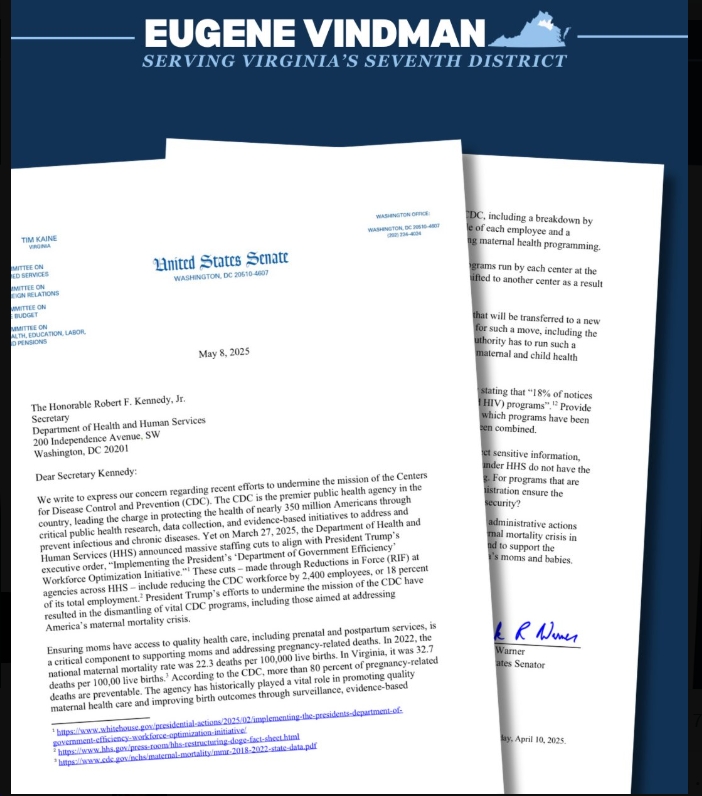
Checking the facts when it comes to budget claims means sorting through a welter of figures, not just the actual state budget, but the growth or decline in the economy, as compared with history. To begin with, over-all state spending “increased significantly” during the Allen administration, rising from a budget of $14.7 billion when Allen came into office to a budget of $20.7 billion when he left, a 40.7 percent increase. Since much of that increase was beyond a governor’s control because it came from the non-general fund and was composed of earmarked revenues (like federal highway grants), simply looking at overall spending “may be unfair.” Instead, Politifact checked the general fund “which supports public education, health programs and public safety. It’s supported by state income and sales taxes.” When Allen came into office, the general fund was almost $6.8 billion; when he left, he proposed a $9.9 billion general fund budget beginning 1 July 1998, a 45.6 percent increase.
Allen’s advisors respond that “reining in spending” does not mean that the bottom line went down, or even that Allen slowed the rate of increase, but that Allen “streamlined specific parts of Virginia’s government.” Ahhh, that explains it! Never mind that Allen spent $400 million on a prison building program (he abolished parole and had to stash those extra inmates somewhere), he did reduce welfare rolls by requiring recipients to work, he also chopped the state workforce by about 9 percent, and “repealed regulations”—- all standard Republican policies, promoted as reducing government.
The expansion of the general fund under Allen’s administration also included items which did not broaden the scope of government, but did pad the budget, including such things as a $244 million increase in Medicaid, a $1 billion rise in the state’s mandated share of funding public education, a required deposit of $214 million in the Rainy Day Fund, and so on. But, even if you subtract from the general fund “spending increases of about $1.75 billion which Allen’s aides say he was required to make, the general fund budget would have increased 20 percent under Allen’s watch.” Interestingly, when Allen tried to slow the growth of state revenues (which was due to a strong economy and inflation), and thus starve the beast, by proposing a $2.1 billion tax cut, “it was opposed by the business community” and defeated by the then-Democratic Assembly. Opposed by business? Hmm.
It turns out that what Allen should be saying is not that he “reined in” spending, but that he “fought” to do so. Reining in implies the bottom line shrank. It did not.
Politifact’s conclusion: Allen’s statement is false.
My conclusion: write letters to the editor, tell your friends, and otherwise expose the latest Allen falsehood for what it is. We cannot let him get away with muddying the facts by posing as a cost-cutting administrator who, as Senator, will shrink big-government Washington just as he did Richmond (a pose he has acquired in order to pander to the Tea Party). It just ain’t so.
















